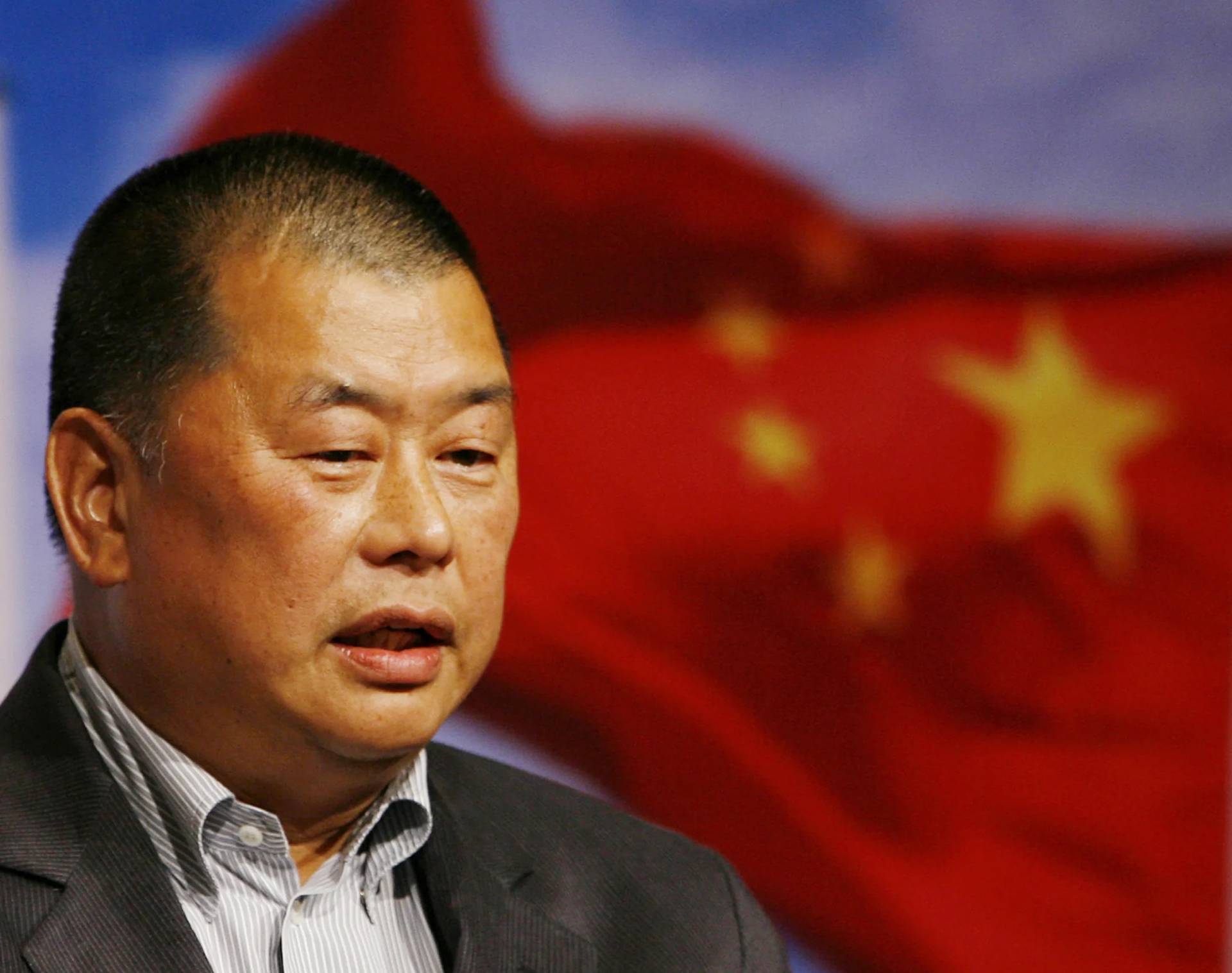MUMBAI, India – India’s state Madhya Pradesh has passed a so-called “Freedom of Religion” bill, which increases the penalties for illegal inducements to change a person’s religion.
The bill was passed on a voice vote by the state assembly on March 8, in a move supporters called a “gift for women” on International Women’s Day.
Under the provisions of the act, a “forced” religious conversion could lead to a one-to-five year jail term and a minimum fine of around $350. If the person converted was a minor, the jail term and fine could be doubled.
“This Act has the potential to create social disruption since it discriminates against and criminalizes interreligious marriages. In a multi-religious country like India interreligious marriages have been taking place for millennia and they had produced some outstanding examples religious harmony but all that now come under the veil of suspicion,” said Father Babu Joseph, the the former spokesperson of the Catholic Bishops’ Conference of India.
The Bill replaces the government ordinance promulgated in January to prevent religious conversions through any “fraudulent” means. The state government said a total of 23 cases were registered under the January ordinance, including 11 charges against Christians.
RELATED: Indian archbishop says accusations of conversion ‘fabricated and baseless’
“The MP freedom of religion Act 2021 is revamped version of the earlier Act which was already in operation in the state. The new Act has added more stringent provisions that will come in handy for the state to arrest and prosecute people on flimsy grounds of mere allegations. What is more, the onus is on the accused which turns the well-established norm in law that a person is innocent until proven otherwise on its head,” Joseph told Crux.
“What is worse in the new Act is the possibility of wide-ranging interpretation of allurements, fraudulent means and coercion in religious conversion that can easily be misused against anyone who may do a small act of charity to his fellow human being. It means not only the outcome but even the process however innocuous is prosecutable – a ready-made tool in the hands of mischief mongers,” the priest said.
“In short it’s a law born not out true social concern but rather out of narrow political consideration that targets certain sections of Indian society because of their religious faith different from the majority,” he added.
Babu is currently the director of the Satprakashan Sanchar Kendra (Center for the Light of Truth), a Catholic media center in the city of Indore, the largest city in Madhya Pradesh.
The 11 Christians charged under the law had attended a Pentecostal prayer meeting taking place at the center on Jan. 27. There were about 90 people at the prayer meeting, and one attendee claimed she was a Hindu whose family took her to the facility to try and convert her.
RELATED: Indian priest calls arrest of Christians a ‘travesty of justice’
Two of the eleven were never apprehended, and five others were granted bail on Feb. 4. The other four in jail are also expected to get bail after appealing to the High Court.
“It is a matter of great relief for those who were implicated in a trumped up charges of religious conversion to obtain bail after a month of incarceration. Although the wheels of justice move slowly in India, they do move is indeed something that still gives hope to us. There are another four falsely accused still languishing in jail and we hope they too receive bail very soon,” Joseph told Crux.
Hindu nationalists often accuse Christians of using force and surreptitious tactics in pursuing conversions, often storming into villages and leading “reconversion” ceremonies in which Christians are compelled to perform Hindu rituals.
RELATED: Diocese in India says arrest of nun for ‘attempted conversion’ a revenge ploy
These pressures on Christians, which also affect Muslims and other religious minorities, are part of what observers describe as a broad program for the “saffronization” of India under Prime Minister Narendra Modi, meaning an attempt to impose Hindu values and identity while squeezing out rival faiths.
Modi is a member of the Bharatiya Janata Party (BJP), which has ruled India since 2014. The BJP is linked with the the Rashtriya Swayamsevak Sangh (RSS), a Hindu nationalist group.
After BJP-ruled Uttar Pradesh and Uttarakhand, Madhya Pradesh is the third state to pass the “Freedom of Religion” law.
Christians make up only 2.3 percent of the Indian population, and an even smaller proportion of the population in Madhya Pradesh, where they are only 0.29 percent of the population.














